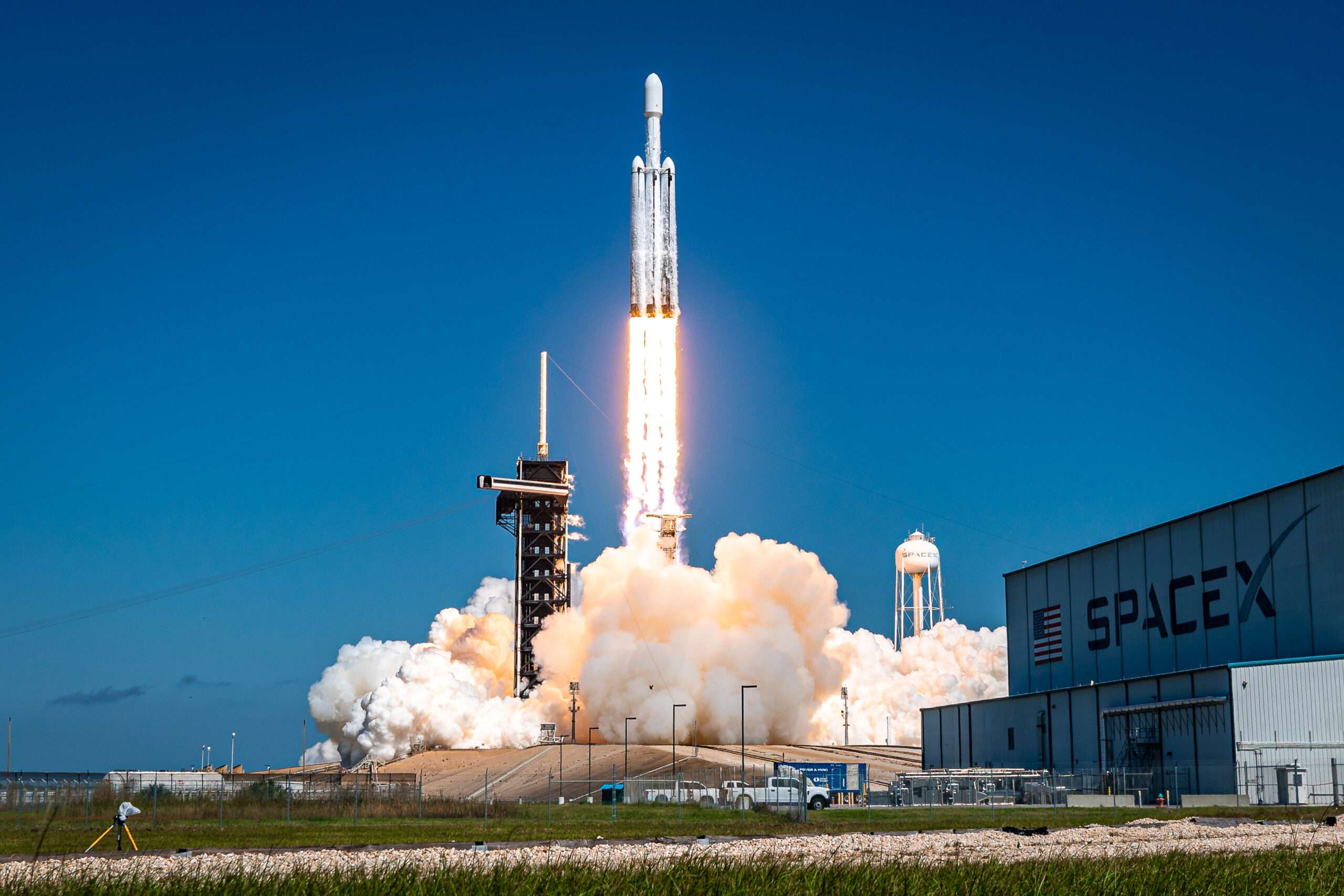Elon Musk vs. the California Coastal Commission: A Clashing of Visions
This edition of Rent Free delves into the ongoing legal dispute between SpaceX and the California Coastal Commission, a conflict that unveils deeper implications regarding local governance and regulatory authority. While at first glance, this issue appears disconnected from the conventional topics of housing and urbanism commonly discussed in the newsletter, the showdown between SpaceX—an emblem of private innovation—and the California Coastal Commission—an agency wielding significant power over land-use regulation—represents a critical example of bureaucratic overreach. The situation exemplifies how regulatory agencies can extend their dominion beyond their intended scope, drawing potential parallels to possible future endeavors against coastal housing developments.
The California Coastal Commission, established in 1972 in response to rising environmental concerns, regulates development along the state’s extensive coastline. Its mandate stems from the Coastal Zone Management Act, which emphasizes environmental protection while establishing procedures for state agencies to oversee coastal management plans. The commission has traditionally operated within these parameters; however, recent events indicate a troubling trend where it might be attempting to expand its authority into areas where it arguably lacks jurisdiction. Last week, the commission voted to demand coastal development permits for SpaceX’s proposed increased rocket launches from the Vandenberg Space Force Base, an unprecedented assertion that has sparked contention, leading to SpaceX’s counter-lawsuit claiming that such action falls outside the commission’s regulatory framework.
This legal controversy centers on a crucial distinction: whether SpaceX’s rocket launches constitute “federal agency activity,” which would be shielded from state oversight, or rather, “federally permitted activity,” which falls under the auspices of the commission. Historically, SpaceX launches had been treated as federal agency activities, allowing the company to operate without significant regulatory interference. However, following a recent proposal to escalate launch frequency significantly, the commission shifted its stance, contending that it now has the authority to regulate SpaceX’s activities due to their commercial nature. SpaceX argues that the vital partnership between private companies and the federal government makes their operations predominantly federal, thereby demanding that the commission acknowledge its limited authority over such activities.
The incorporation of free speech themes into the commission’s hearings introduces a nuanced layer to the dispute. Critics have pointed out that comments made during public deliberations seemed to directly target Elon Musk’s political opinions rather than substantively address environmental concerns. The foundation for Individual Rights and Expression posits that this pattern of targeting Musk, given his controversial public persona, might reflect an abuse of power and a potential violation of First Amendment rights. Musk’s political visibility, particularly as he engages in national political discourse, raises critical questions about whether governmental regulatory actions might be skewed by personal biases against him.
Adding to the complexity of the situation, the Coastal Commission’s staff had previously recommended approval for SpaceX’s expanded launch schedule, citing established environmental protections. This internal contradiction has led many observers to interpret the commission’s insistence on obtaining additional permits as influenced more by political motivation than by genuine environmental oversight. The commission’s actions, historically marked by an extents of control that often overshadows the specific needs and rights of individuals and private entities, raise concerns regarding its overarching regulatory ambitions that could undermine economic development and innovation.
As the legal frameworks surrounding this decision continue to unfold, implications extend beyond just SpaceX. If successful, SpaceX’s lawsuit could set a significant precedent regarding the limits of state authority in overseeing federally sanctioned activities, like private commercial launches. However, it’s essential to reflect on how everyday individuals and smaller entities operating within coastal zones remain vulnerable to the whims of a regulatory agency that has demonstrated a propensity for capricious actions. Even in a scenario where SpaceX prevails, the broader population may still face the challenge of navigating a regulatory landscape shaped by an agency seemingly more interested in expanding its power than protecting the coastal environment.
This discourse touches upon ongoing issues of housing and development across various contexts, notably impacting local environments in ways that sometimes reflect similar tensions seen in the SpaceX case. With housing availability continually strained and local governments seeking to wield restrictive regulations, the battle with the California Coastal Commission serves as a reminder of the importance of balancing regulatory authority with the need for economic growth and innovation. Furthermore, as much as this situation embodies a clash of interests at a high profile level, the narratives surrounding those caught in similar regulatory entanglements across America highlight a persistent need for accountability and the protection of individual rights against bureaucratic overreach.
Share this content:












Post Comment